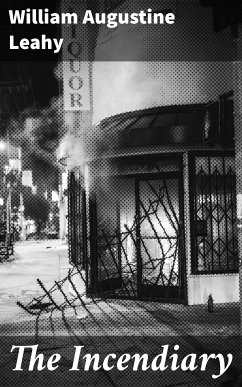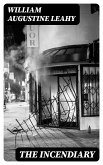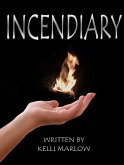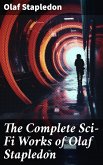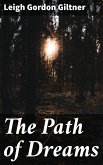In "The Incendiary," William Augustine Leahy constructs a complex narrative that deftly intertwines themes of existential despair and moral ambiguity within the framework of contemporary society. The novel employs a lyrical yet unflinching literary style, characterized by vivid imagery and a raw emotional depth that engages readers from the first page. Set against a backdrop of socio-political turbulence, Leahy's prose echoes the influences of modernist and postmodernist literature, inviting comparisons to the likes of Cormac McCarthy and Don DeLillo. The exploration of human fragility, alongside the overarching presence of chaos, positions the text as a critique of both personal and collective culpability in a world increasingly defined by disconnection and unrest. William Augustine Leahy, an author steeped in the nuances of human experience, draws from his rich background in psychology and social critique to inform his writing. His keen observational skills, developed through years of working in diverse environments, allow him to portray intricate character dynamics and societal issues authentically. This personal history, combined with his academic insights, serves as a catalyst for the themes explored in "The Incendiary." Readers seeking a thought-provoking exploration into the darker facets of human nature and societal malaise will find Leahy's work both unsettling and illuminating. "The Incendiary" is not merely a novel; it is a reflection of our times, challenging readers to confront their own beliefs within a world brimming with conflict. This book is essential for those interested in the intersections of literature, psychology, and contemporary social discourse.
Dieser Download kann aus rechtlichen Gründen nur mit Rechnungsadresse in A, B, BG, CY, CZ, D, DK, EW, FIN, F, GR, H, IRL, I, LT, L, LR, M, NL, PL, P, R, S, SLO, SK ausgeliefert werden.

